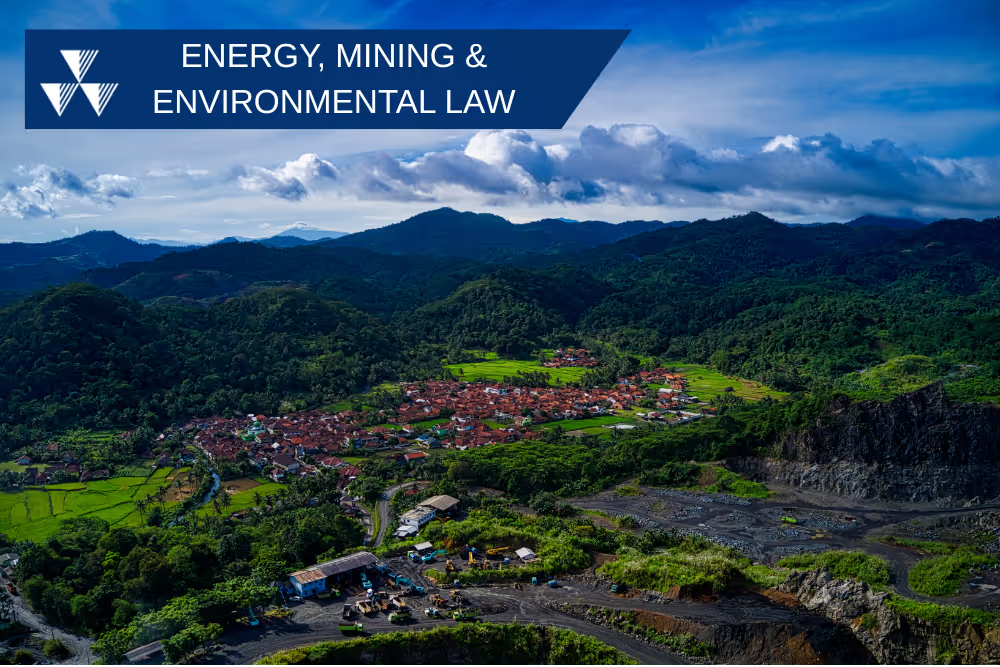NEWS & MEDIA
.avif)

Latest article
SARB issues consultation paper on Prime Rate demise
The South African Reserve Bank (“SARB”) published a consultation paper on 16 February 2026 with proposals to demise the prime lending rate (“Prime Rate”) and designating the Repurchase Rate (“Repo Rate”) (to be called the SARB policy rate or SPR) as its replacement.
read more

.avif)

On 27 October 2025, the Labour Appeal Court (“LAC”) gave reasons for why it enforced a restraint of trade agreement on 30 July 2025, in the matter of Backsports (Pty) Limited v Motlhanke and Another (JA2025/091548) 2025 ZALAC 50 (27 October 2025).
Read more



Stephen Thomson, founder and director of Thomson Wilks, says that the merger presents many advantages for both firms. “The strong team in Durban provides the critical mass Thomson Wilks has been seeking in Durban for some time and allows us to deliver a broader, more comprehensive offering to clients in KwaZulu-Natal.”
Read more



The Health Professions Council of South Africa (HPCSA) has issued revised ethical guidelines affecting two central areas of practice.
Read more



South Africa’s mining projects turn on regulatory certainty, predictable timelines, and sustained social legitimacy.
Read more




.avif)


